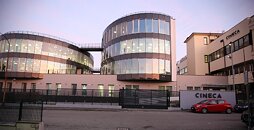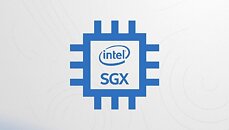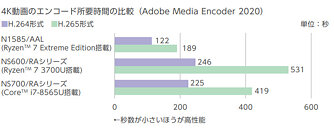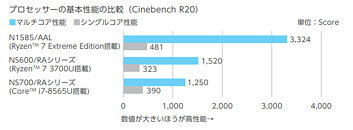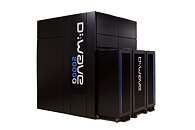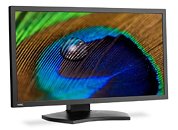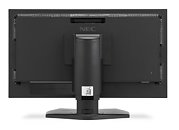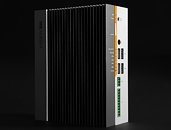
Intel Xeon 6 Processors With E-Core Achieve Ecosystem Adoption Speed by Industry-Leading 5G Core Solution Partners
Intel today showcased how Intel Xeon 6 processors with Efficient-cores (E-cores) have dramatically accelerated time-to-market adoption for the company's solutions in collaboration with the ecosystem. Since product introduction in June 2024, 5G core solution partners have independently validated a 3.2x performance improvement, a 3.8x performance per watt increase and, in collaboration with the Intel Infrastructure Power Manager launched at MWC 2024, a 60% reduction in run-time power consumption.
"As 5G core networks continue to build out using Intel Xeon processors, which are deployed in the vast majority of 5G networks worldwide, infrastructure efficiency, power savings and uncompromised performance are essential criteria for communication service providers (CoSPs). Intel is pleased to announce that our 5G core solution partners have accelerated the adoption of Intel Xeon 6 with E-cores and are immediately passing along these benefits to their customers. In addition, with Intel Infrastructure Power Manager, our partners have a run-time software solution that is showing tremendous progress in reducing server power in CoSP environments on existing and new infrastructure." -Alex Quach, Intel vice president and general manager of Wireline and Core Network Division
"As 5G core networks continue to build out using Intel Xeon processors, which are deployed in the vast majority of 5G networks worldwide, infrastructure efficiency, power savings and uncompromised performance are essential criteria for communication service providers (CoSPs). Intel is pleased to announce that our 5G core solution partners have accelerated the adoption of Intel Xeon 6 with E-cores and are immediately passing along these benefits to their customers. In addition, with Intel Infrastructure Power Manager, our partners have a run-time software solution that is showing tremendous progress in reducing server power in CoSP environments on existing and new infrastructure." -Alex Quach, Intel vice president and general manager of Wireline and Core Network Division







































